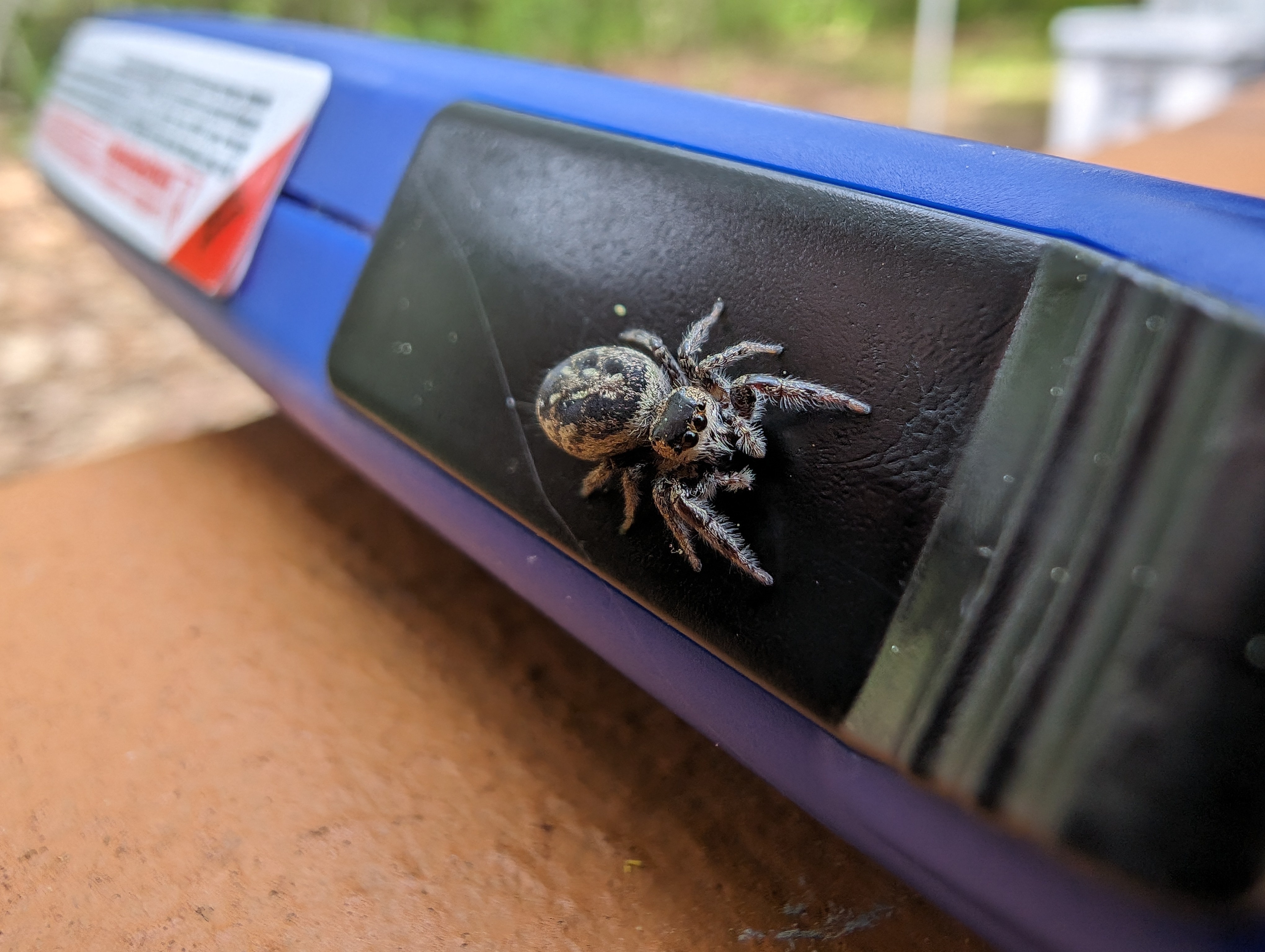Eh, "refuse" makes sausage sound worse than it is. In the modern world anyplace with a food inspection system will typically see sausage made from cuts of meat that are perfectly edible but don't meet the grading standards likely to sell on the shelf , or the excess pieces of muscle left over after breaking primal cuts down into smaller pieces. No one wants to buy USDA certified Meh grade steak, or a palm sized wedge of uneven thickness. So they get sent off to make hamburger, sausage, and various canned or commercial meat products that don't need to be pretty.
Processed meat also includes much more benign seeming foods, like sandwich meat, ground meats, and bacon. We've known for a while that eating meat, and more so red meat, is a risk for colon problems. Red meats are more likely to be processed and therefore cheap and salty.
The new thing the study adds is that there isn't a lower bound. For a lot of things there's a quantity that isn't associated with any issues, and it's only when you go above that limit that the risk goes up.








One of the other interesting things in the US is that different states can have different laws for meat standards, as long as they meet or exceed USDA minimums. They can't, however, advertising that fact because it's a violation of interstate trade.
So in the US, a legal hotdog ranges from a blend of the trimmings above and what can be removed from the bone with a power washer, up to "hot dogs must be made only of the product of primal cuts with no trimmings or waste meat".